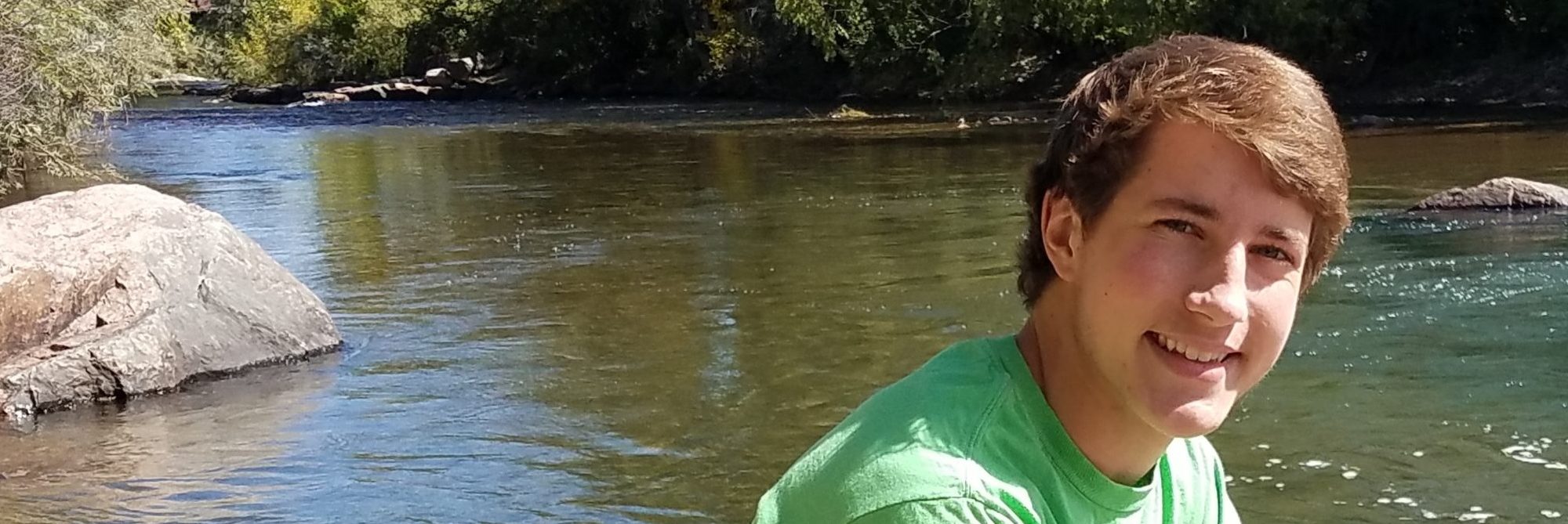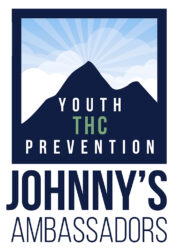Hi, I’m here to speak to you, parent to parent, about our family’s story with THC.
When my son developed severe cannabis use disorder at 18 and cannabis-induced psychosis at 21, we were absolutely blindsided. We didn’t have the science, education, or resources that exist today and had no idea how addictive THC is.
As a mom raising two active boys in a tight knit community, I focused on school, sports, and friends, just normal things parents devote time to. Never did it cross my mind to educate myself on THC.
In fall 2018, my oldest son—athletic, intelligent, and sober—started college in Washington, D.C. with a full class load and a senate internship. Marijuana was legal and accessible, and that’s when everything changed. His new habit of high-potency THC quickly moved to addiction. THC was silently rewiring his brain, damaging critical neural pathways.
Several months into using, he experienced two brief but terrifying psychotic episodes. Despite those early scares, he continued his use, and his problems worsened. My son suffered severe cognitive decline — trouble concentrating, navigating campus, and even finding his bus stop. He failed out of college. He was wrongly diagnosed with ADHD, because heavy THC use mimics the cognitive and executive dysfunction that he was presenting to his medical provider.
In November 2021, after continuing to heavily use under the radar, he experienced a psychotic break. His reality now consisted of unrelenting hallucinations, delusions, and paranoia. It was as if I was watching the slow death of my child.
The college student, the aspiring model, the champion go kart racer and gamer, the devoted older brother—was becoming unrecognizable.
He believed he was living in a simulation. He thought he had implants in his eyes, hands, and brain. He believed he was a fallen angel with broken wings. He had torturous noise in his head 24/7. He went days without food or sleep. He told us, “If they don’t stop, I’ll end my life by 22.” I cried daily with despair and helplessness as I saw the THC that caused his suffering became the only thing he thought could ease it.
After three involuntary hospitalizations and two years of residential treatment programs, we are still dealing with the aftermath.
The unintended consequences of using THC for anxiety, sleep, or recreation can—and often do—become permanent. He still struggles today. Our story doesn’t have an ending. Many young adults with no underlying mental illnesses are developing lifelong psychotic disorders.
Cannabis-Induced Psychosis is REAL. It happened to my child. Educate your child on the harms of THC at JohnnysAmbassadors.org.
If you’re concerned about your child’s THC use, visit hJohnnysAmbassadors.org/parents and join our private Parents of Children with Cannabis-Induced Psychosis (POCCIP) group at www.facebook.com/groups/POCCIP.

